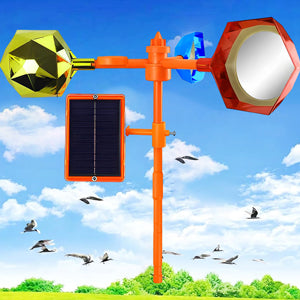
How will artificial intelligence contribute to small indian farmer?
Share
Artificial Intelligence (AI) refers to the simulation of human intelligence in machines that are programmed to perform tasks that typically require human cognitive abilities, such as learning, problem-solving, perception, and decision-making. AI systems can analyze vast amounts of data, identify patterns, and make predictions or decisions based on the analyzed data.
There are two main types of AI: narrow or weak AI, which is designed to perform specific tasks within a limited domain, and general or strong AI, which has the ability to perform any intellectual task that a human can do.
Narrow AI is already widely used in various industries, including healthcare, finance, transportation, and manufacturing. Some examples of narrow AI applications include virtual personal assistants, image and speech recognition, natural language processing, and autonomous vehicles.
General AI, on the other hand, is still in the research and development stage, and its development raises ethical and philosophical questions about the future of human-technology interactions.
Overall, AI has the potential to revolutionize various industries and solve complex problems, but it also requires careful consideration and management to ensure its responsible use and mitigate potential risks.
Artificial Intelligence (AI) has the potential to revolutionize agriculture in India and provide significant benefits to small farmers. Here are a few ways in which AI can contribute to small Indian farmers:
Crop prediction and monitoring: AI can be used to predict weather patterns and analyze soil moisture levels to provide farmers with accurate information on when to plant, irrigate, and harvest crops. Additionally, AI-powered drones and satellites can be used to monitor crop growth, identify diseases, and detect pests early on, allowing farmers to take timely preventive measures.
Yield optimization: AI algorithms can analyze large amounts of data from multiple sources, such as soil quality, weather patterns, and crop history, to provide recommendations to farmers on the most suitable crop varieties and planting methods that will maximize yield and reduce costs.
Market intelligence: AI-powered apps can provide farmers with information on market prices, demand for specific crops, and supply chain logistics, enabling them to make informed decisions on when and where to sell their produce.
Access to finance: AI can facilitate credit access for small farmers by providing financial institutions with real-time data on crop performance and yield potential, enabling lenders to offer affordable loans to farmers.
Overall, AI has the potential to significantly improve the productivity and profitability of small Indian farmers, ultimately contributing to the country's food security and economic growth.















